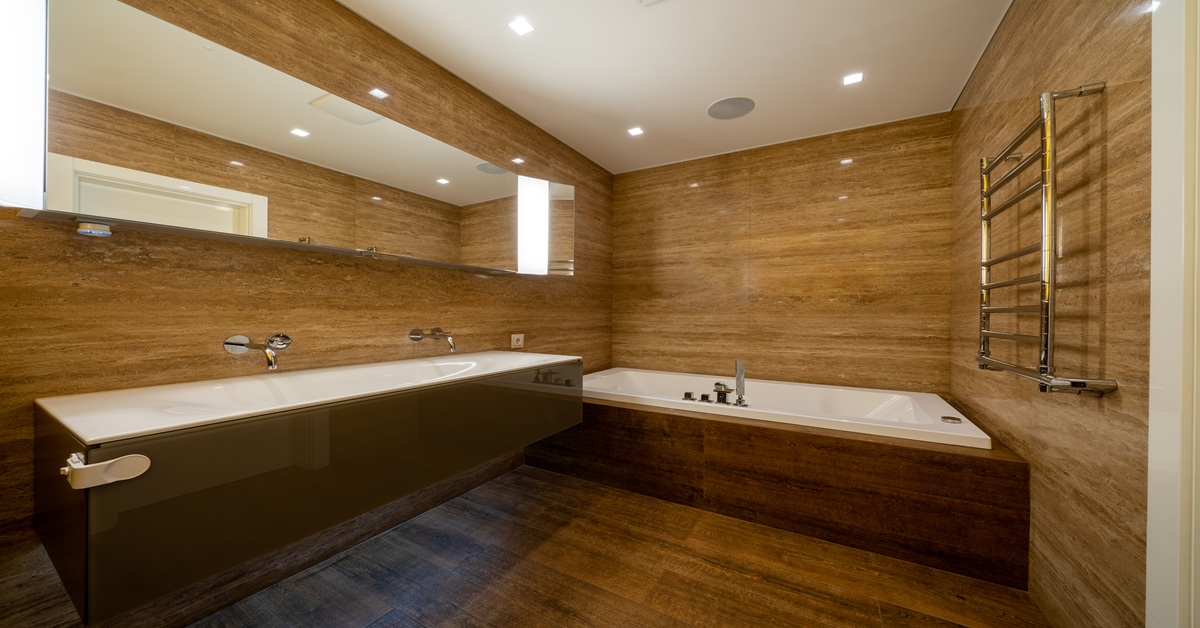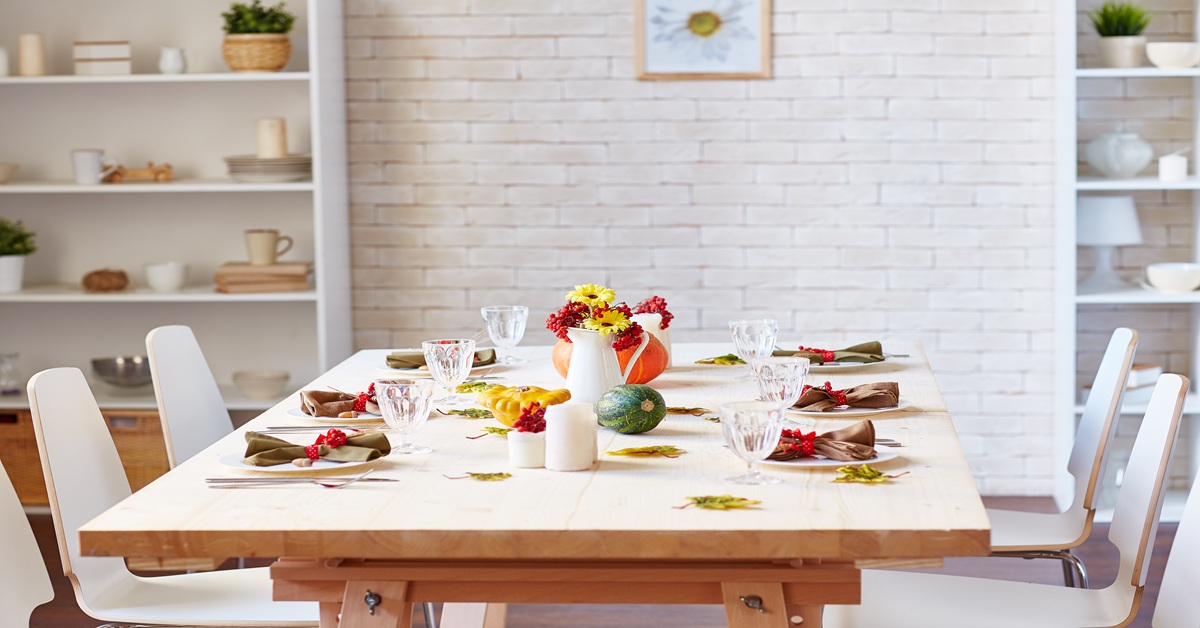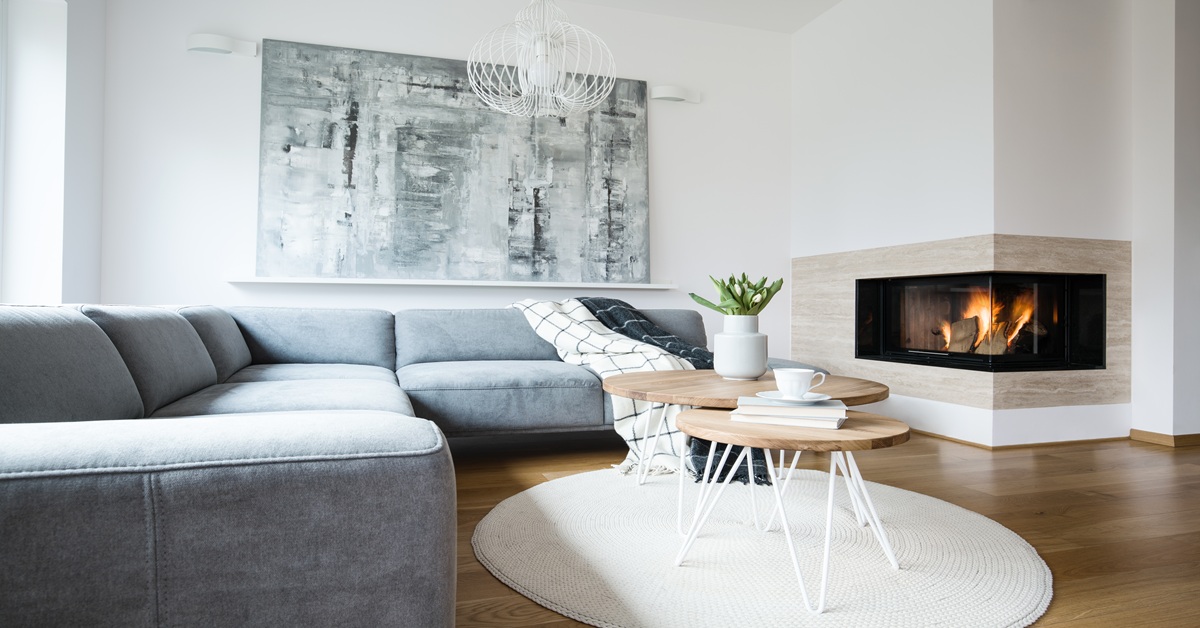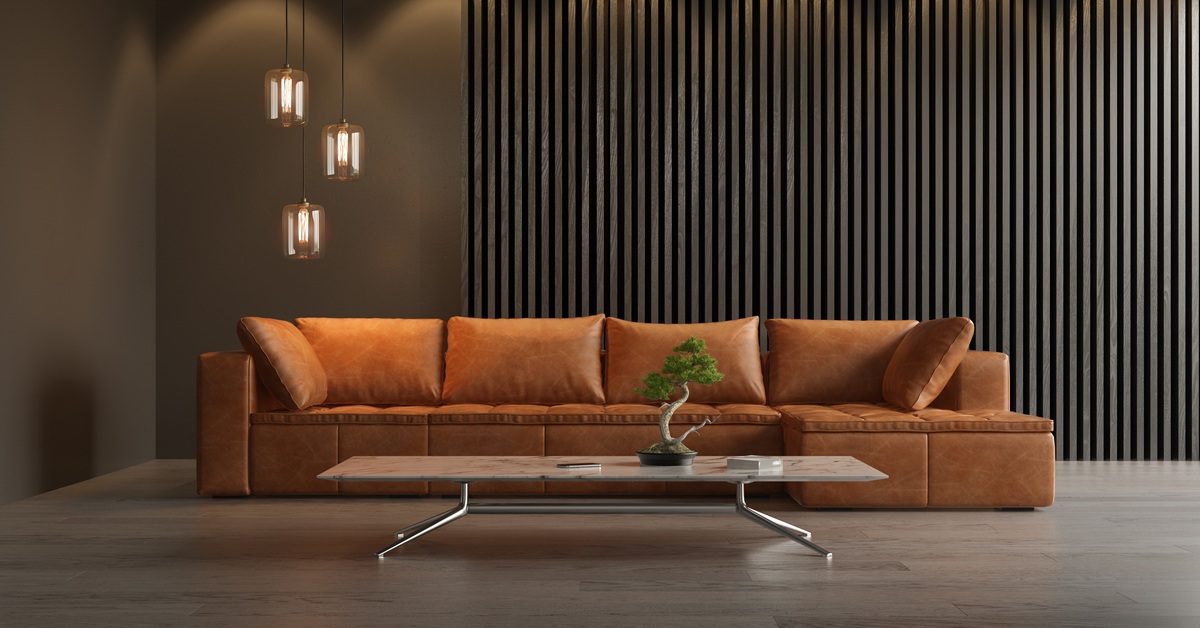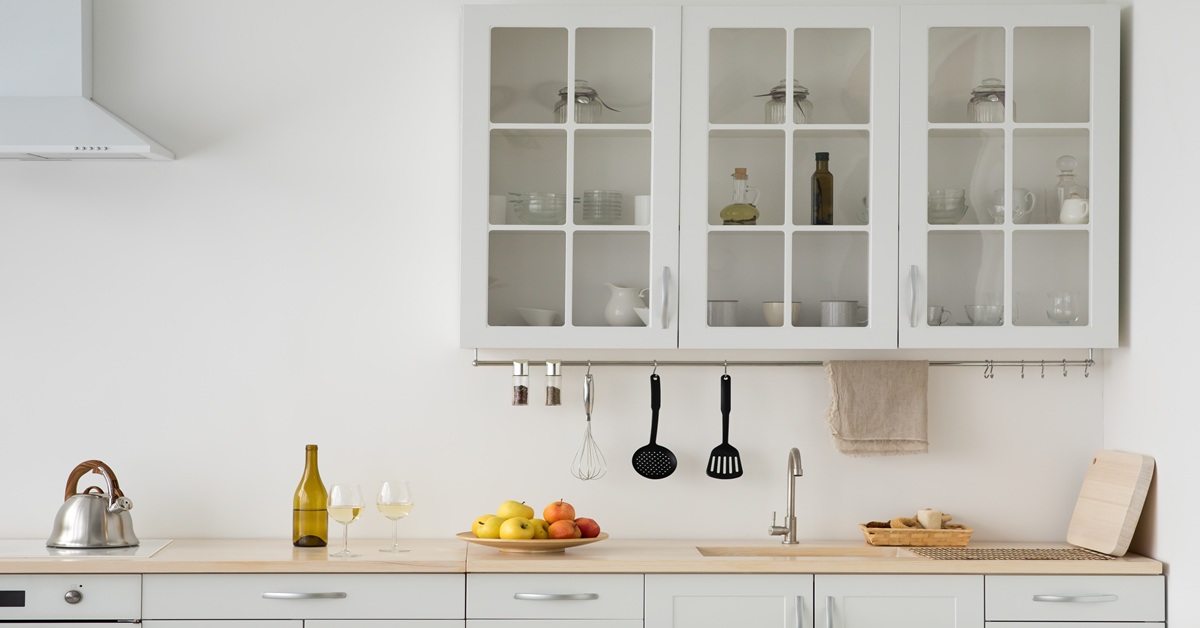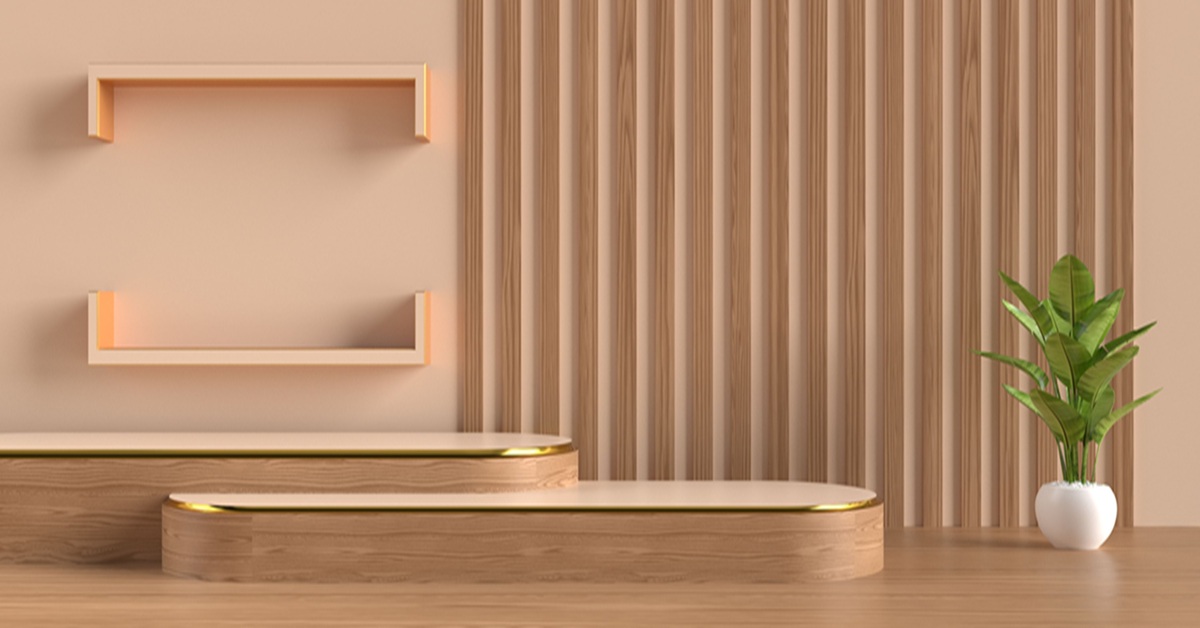Introduction
When it comes to engineered wood products, BWP plywood is a shining example of durability, especially because of moisture issues. Representing Boiling Water Proof, BWP plywood is water-resistant and designed to resist structural compromise or delamination over extended periods, including boiling water. For a variety of uses where traditional plywood would just fail, this makes it an invaluable material. This blog will discuss the main qualities of BWP plywood, investigate the special qualities that make it perfect for moist environments, compare it with other common plywood grades, underline its several uses in both residential and commercial settings, and provide some basic advice on how to guarantee you buy real BWP plywood.
Table of Contents
What Does BWP Mean in Plywood?
Features That Make BWP Plywood Ideal for Moist Areas
BWP Plywood vs. MR and Marine Plywood: Key Differences
Applications in Kitchens, Bathrooms, and Exteriors
Tips for Buying Authentic BWP Plywood
What Does BWP Mean in Plywood?
“BWP” in BWP plywood actually means “Boiling Water Proof.” This classification is evidence of the strict manufacturing technique and the better adhesive applied in its creation, not only a marketing word. BWP plywood is produced utilising premium synthetic phenolic formaldehyde resins, unlike ordinary plywood which could employ urea-formaldehyde resins. This specialised resin produces a strong and impermeable bond between the several layers of wood veneers.
BWP plywood is made from carefully chosen hardwood veneers treated to improve their resistance to moisture and pests. The phenolic resin subsequently bonds these veneers together under extreme heat and pressure. Usually for 72 hours or longer, as per IS:710 criteria in India, this combination guarantees that the BWP plywood sheet stays structurally intact and free from delamination even under continuous boiling water immersion.
BWP plywood is the preferred choice for uses where direct and prolonged exposure to moisture is a major issue due to its relentless resistance to water. BWP plywood distinguishes itself from other grades mostly in terms of core strength and water-resistant bond.
Features That Make BWP Plywood Ideal for Moist Areas
BWP plywood’s special qualities make it rather suitable for settings likely to be high in humidity, splashes, or even direct water contact. Of course, its main virtue is its great water resistance. This guarantees the lifetime and durability of your furniture and buildings by way of non-swelling, non-warping, non-delaminating behaviour even after continuous water exposure. In places like bathrooms and kitchens where water is a continual presence, this is a major benefit.
Apart from its waterproof character, BWP plywood is highly durable and strong. The excellent load-bearing capacity and wear and tear resistance of this hardwood veneer are a result of its well-chosen phenolic resin bonding and strength. Moreover, real BWP plywood is sometimes treated during manufacture to provide termite and borer resistance. In humid conditions, which are typically favourable for bug infestations, this extra layer of protection is quite beneficial since it increases the lifetime of your investment and offers some peace of mind.
Another important quality is dimensional stability, which guarantees that your final goods keep their integrity over time by resisting bending and cracking even under changing environmental circumstances.
BWP Plywood vs. MR and Marine Plywood: Key Differences
Making a wise decision requires an awareness of the differences between BWP plywood and other typical grades including MR (Moisture Resistent) and Marine Plywood.
- MR (Moisture Resistant) Plywood: Designed to resist a specific degree of humidity and wetness but not direct water exposure, MR (Moisture Resistent) Plywood is the most basic grade. Bonded with urea-formaldehyde resin, it is appropriate for general interior uses including dry area furniture and wardrobes where moisture contact is low. If continuously wet, it will delaminate.
- BWR (Boiling Water Resistant) Plywood: Boiling Water Resistant, or BWR, plywood. Bonding this grade with phenolic formaldehyde resin gives improved water resistance over MR. Usually used in kitchens and bathrooms where there is periodic water contact but not lengthy immersion, it can survive intermittent exposure to water and high humidity. Though water-resistant, it is not completely waterproof like BWP.
- BWP (Boiling Water Proof) Plywood: Among normal commercial grades, BWP (Boiling Water Proof) plywood is the highest level in water resistance. Designed to resist constant exposure to boiling water for long durations without delamination, it is bonded with undiluted phenolic formaldehyde resin. This qualifies it as really waterproof.
- Marine Plywood: Although their IS:710 standard in India makes Marine Plywood commonly associated with BWP plywood, true Marine Plywood is usually produced with even more exacting standards on core voids and wood species. It is especially intended for use in marine environments, such as boat building, where harsh circumstances and continuous water exposure are certain. Although all marine plywood is BWP, not all BWP plywood satisfies the exact standards for maritime uses. But BWP plywood (conforming to IS: 710) provides great performance for most residential and commercial purposes.
Need waterproof plywood? Explore Wigwam Ply’s BWP plywood for unparalleled durability in moist areas.
Applications in Kitchens, Bathrooms, and Exteriors
BWP plywood’s extraordinary water resistance and durability make it vital for many uses in places prone to dampness.
Kitchens: Kitchens are maybe the most often used space. Kitchen cabinets, counters, washbasin units and other furnishings where regular exposure to water spills, steam, and excessive humidity exists, BWP plywood is perfect. It guarantees that your kitchen stays aesthetically beautiful and functionally sound for years by preventing swelling, warping, and fungal growth.
Bathrooms: Bathrooms are high-moist areas, much like kitchens are. Reliable protection against splashes and moisture, BWP plywood is ideal for bathroom vanities, wall panelling, shower enclosures, under-sink storage.
Outdoor Furniture: BWP plywood provides excellent resistance to degradation, so guaranteeing longevity, for garden benches, patio tables, pergolas, and other outdoor structures routinely exposed to rain and changing weather.
Laundry Rooms: Usually, high humidity and maybe water leaks abound in these spaces. Utility spaces and cabinets would benefit much from BWP plywood.
Exterior Cladding and Panelling: In some architectural projects, BWP plywood can be utilised for exterior wall cladding where moisture resistance is critical.
Marine Applications: While real marine plywood has even tougher standards, high-quality BWP plywood (especially that which conforms to IS:710) is often used in general boat building, docks, and other structures with extensive water exposure.
Choose Wigwam Ply’s certified BWP plywood for kitchens, bathrooms, and exteriors.
Tips for Buying Authentic BWP Plywood
Given the vital character of its waterproof qualities, you must be sure you are purchasing authentic BWP plywood. These are some basic guidelines:
- Look for ISI Mark and IS:710 Certification: Look for ISI Mark and IS:710 Certification, real BWP plywood used in India has to follow IS:710 criteria. Look for the ISI mark precisely printed on the plywood sheet together with the IS:710 code. This accreditation assures the plywood’s general quality and water resistance have been tested rigorously.
- Look at the Information of Manufacturers: On the plywood, reputable brands will conspicuously print their name, emblem, and other identifying information. Check the manufacturer’s credentials and search for consumer comments.
- Boiling Water Test (Small Sample): If at all feasible, grab a tiny off-cut or sample piece. Give it at least 72 hours of submergence in boiling water. Real BWP plywood should exhibit no evidence of delaminating, swelling, or glue line weakness.
- Inspect the Core and Surface: Excellent quality BWP plywood will have a consistent, gap-free core with equally spaced veneers. There should be few overlaps or cavities and a smooth, fault-free surface.
- Check Weight and Density: Verify that Strong resins and hardwood veneers help BWP plywood to be usually denser and heavier than other types. A sheet’s quality can be inferred by a comparison of its weight to a known standard.
- Examine the Edges: Strong bonding is shown by firmly packed edges of real BWP plywood devoid of any obvious gaps between the layers.
Purchasing real BWP plywood guarantees that your projects, especially those in moisture-sensitive locations, are constructed to last, therefore offering long-term value and piece of mind. Wigwam Ply is dedicated to provide premium BWP plywood following strict industry standards, thereby guaranteeing excellent performance for all your demanding uses.
Conclusion
When it comes to a broad range of uses, BWP plywood is one particularly dependable, long-lasting, water-resistant alternative. This covers everything from bathroom furniture to kitchen cabinetry and structural components. Apart from its strength and durability, its resistance to moisture makes it a great purchase for both homeowners and professionals looking for long-lasting quality.
Whether your project is outdoor or an interior with a lot of humidity, BWP plywood offers the performance you need as well as the peace of mind you want. BWP plywood is not just a substitute but also usually the first choice because of its many benefits and the variety of projects it may be utilised for.
For guaranteed authentic BWP plywood that meets IS:710 standards and comes with a lifetime warranty, choose Wigwam Ply.
FAQs
1. What does BWP stand for?
BWP stands for Boiling Water Proof, indicating its high water resistance.
2. Where is BWP plywood typically used?
Its waterproof qualities fit kitchens, bathrooms, laundry areas, and outdoor furniture.
3. How is BWP plywood different from MR or Marine plywood?
Designed to withstand boiling water, BWP plywood has better waterproof qualities than MR (Moisture Resistant). Although occasionally similar to maritime Plywood (IS:710), true Marine Plywood has significantly stricter maritime use criteria.
4. How can I verify if the plywood is genuine BWP plywood?
Look for a gap-free core, if at all possible, do a boiling water test on a tiny sample, search for the ISI mark and IS:710 certification, and study manufacture information.
5. Is BWP plywood termite-proof?
Usually treated during manufacturing to resist termites and borers, real BWP plywood increases its durability, especially in humid environments.

